BERLIN — The German government and the country’s national railway company, Deutsche Bahn, have agreed on a plan to spend 86.2 billion Euros ($98.1 billion) to overhaul the deteriorating rail network.
DW.com reports that the government will invest 62 billion Euros, while Deutsche Bahn — a private company with the Federal Republic of Germany as its only shareholder — will contribute 24.2 billion Euros in a 10-year plan to modernize the railway.
“We will replace outdated facilities, ensure accessibility, improve construction management and the condition of railway bridges,” Transport Minister Andreas Scheuer said. The plan calls for renovation of 2,000 bridges, as well as doubling the number of train drivers and passengers by 2030.
The new plan replaces an existing 5-year plan and will increase spending on the 20,000-mile rail network by 54 percent. It hopes to address service issues that saw one in four trains arrive late in 2018 and about 20 percent running behind schedule in the first half of 2019.





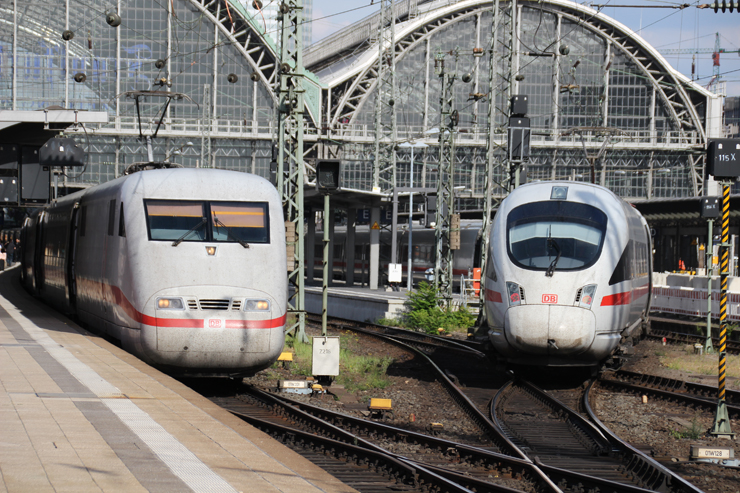

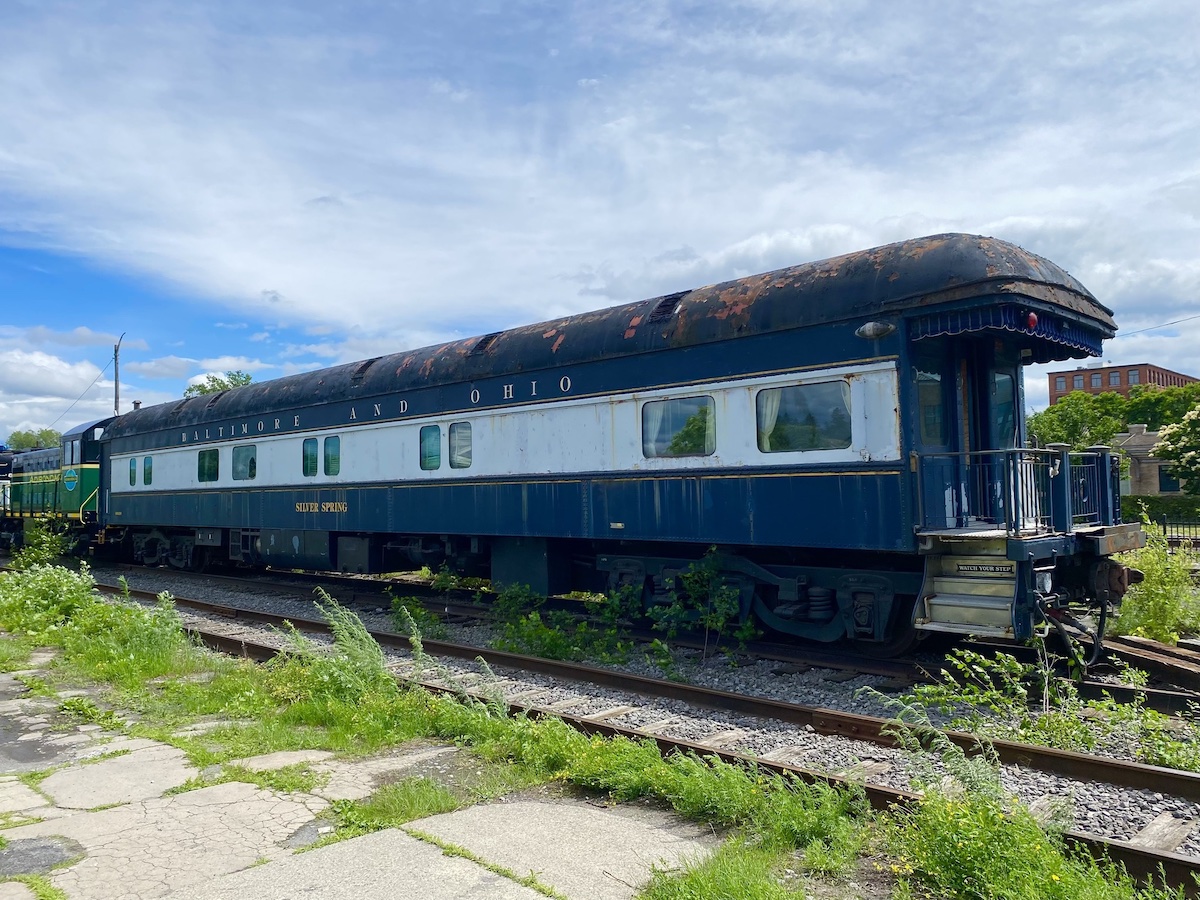
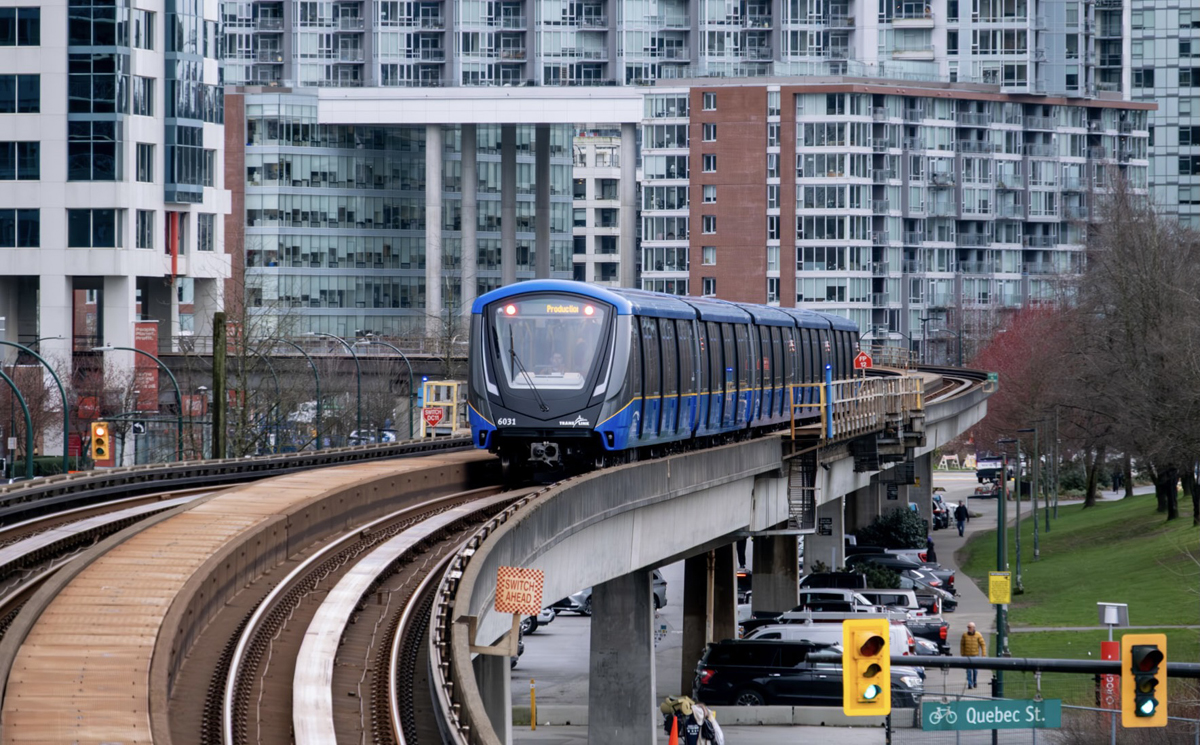
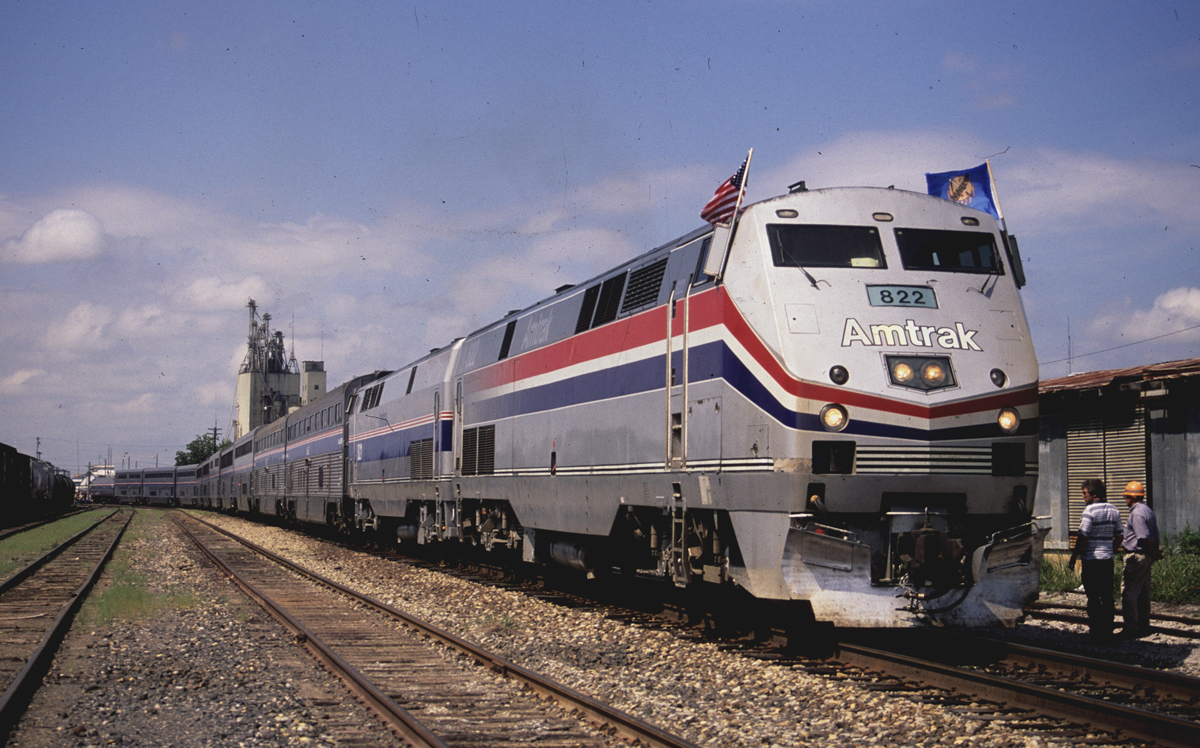
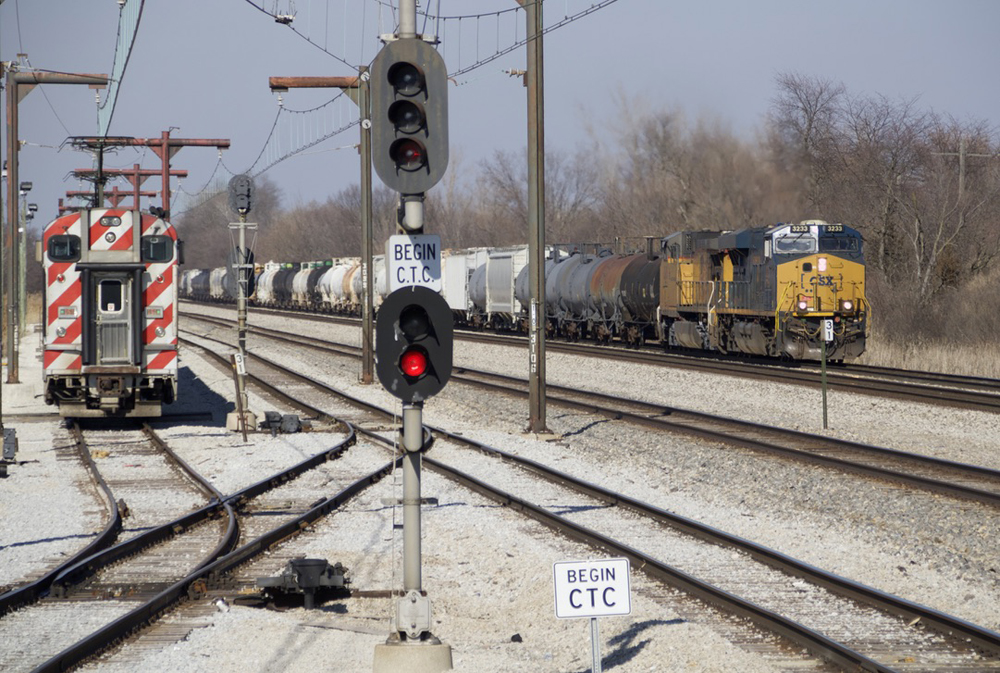




Meanwhile, the USA…
I’ve been traveling quite a bit by train in Germany in the last few years. Their system used to have an excellent punctuality record, but in recent years I have barely been on an Inter City train that’s been on time, occasionally very late (an hour being common). A German enthusiast told me that the problem is simply under-investment in maintaining the infrastructure and the trains. And despite German engineering expertise some of the newer trains seem to suffer from interminable teething problems – I’ve witnessed engineers running around on stopped trains in the middle of nowhere, clutching a laptop, rebooting systems. I get the impression that the IT boys have swamped the system, with bare competence, to the detriment of reliable engineering!!
By contrast Swiss trains run, well, like Swiss watches. But even here I sense trouble – toilets that don’t work being increasingly frequent (a bad sign of neglect), and there are ugly items in the railway mags that some right wing (ie rich) Swiss are increasingly agin’ the expense of it all (they preferring the exclusivity of large tinted window cars).
Mike Gray
Peter Schierloh, the information I have says that 6+ minutes late is the performance standard in Germany.
What is on time around the world:
https://www.bbc.com/news/world-asia-42024020
A tad inaccurate here. It would appear that DB wants to DOUBLE passenger count, not simply replace worn capital. Yes will take twice the money to double the service, but to say this is for deteriorating equipment, is obfuscating facts.
I wonder what constitutes “late” in Germany? So how I think the metric is a little different than the “within 30 minutes” used by Amtrak.
Braden, do you not understand that in Europe things are not done the same as here in the U.S. Just because the Federal Republic of Germany is the only shareholder in DB does not mean it can’t be a private company…
DB’s only shareholder is the federal republic of Germany?… If a company’s only shareholder is the govt… It’s private?
Jason K. – by that standard, I can’t recall experiencing a late train when I was in Germany, late 70s – early 80s. Things must have changed drastically to have the results cited in the article. Throwing Euros at the problems is not likely to improve the results.
Thank you, Jason and Ian. While traveling in Germany and Poland several years ago I was impressed that their station clocks had second hands and it appeared the train crews paid attention to them. Whereas, the local Amtrak station back home had a wall calendar that was on the wrong month.